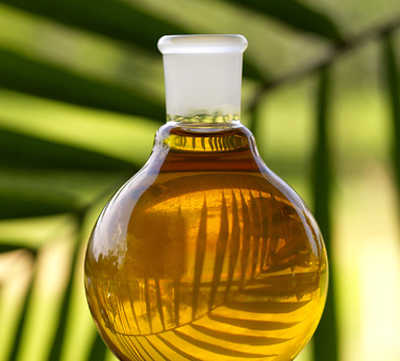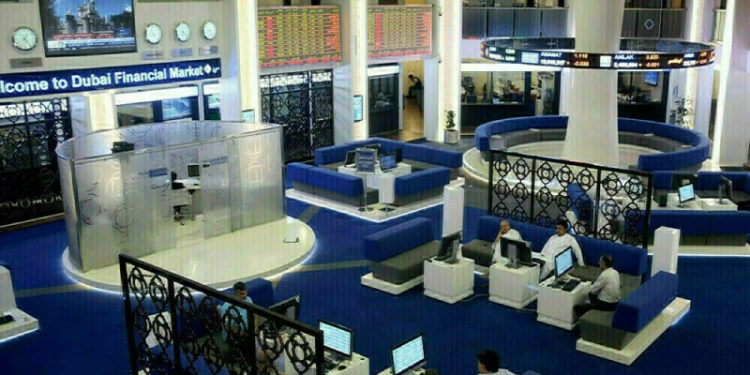Wednesday, 26 August 2015 17:07
 JAKARTA: Malaysian palm oil futures declined for a sixth session on Wednesday, as weakness in external markets sapped appetite for the edible oil while a weak ringgit offered little support.
JAKARTA: Malaysian palm oil futures declined for a sixth session on Wednesday, as weakness in external markets sapped appetite for the edible oil while a weak ringgit offered little support.
The benchmark palm oil contract for November on the Bursa Malaysia Derivatives exchange closed 2.05 percent lower at 1,867 ringgit ($ 439.81) a tonne.
Traded volume stood at 50,582 lots of 25 tonnes each, well above the roughly 35,000 lots usually traded daily.
“Edible oil prices are weak,” said a trader with a foreign commodities brokerage in Kuala Lumpur, referring to RBD palm oil and soy oil on China’s Dalian Commodities Exchange. “I think external markets are overriding what is happening with the ringgit.”
A weak Malaysian ringgit makes palm cheaper for offshore buyers. In dollar terms, Malaysian palm prices have fallen around 30 percent since a year ago.
Palm oil has sunk 12 percent this month as the tropical oil tracked other global markets lower on concerns about the Chinese economy. On Tuesday, palm oil fell to its lowest since March 2009.
The ringgit, Asia’s worst performer this year with losses exceeding 17 percent against the dollar, is at its lowest since before the government put a “floor” under it during the 1998 crisis, but Prime Minister Najib Razak has pledged not to peg the ringgit or implement capital controls.
In comparative vegetable oils, the US September soyoil contract was down 1.7 percent in late Asian trade, while the most active soybean oil contract on the Dalian Commodity Exchange was down 1.06 percent.
Crude oil futures held in a narrow band on Wednesday, not far off 6-1/2 year lows, after China’s central bank moved to support the country’s stumbling economy, while concerns about a supply glut capped gains.


























